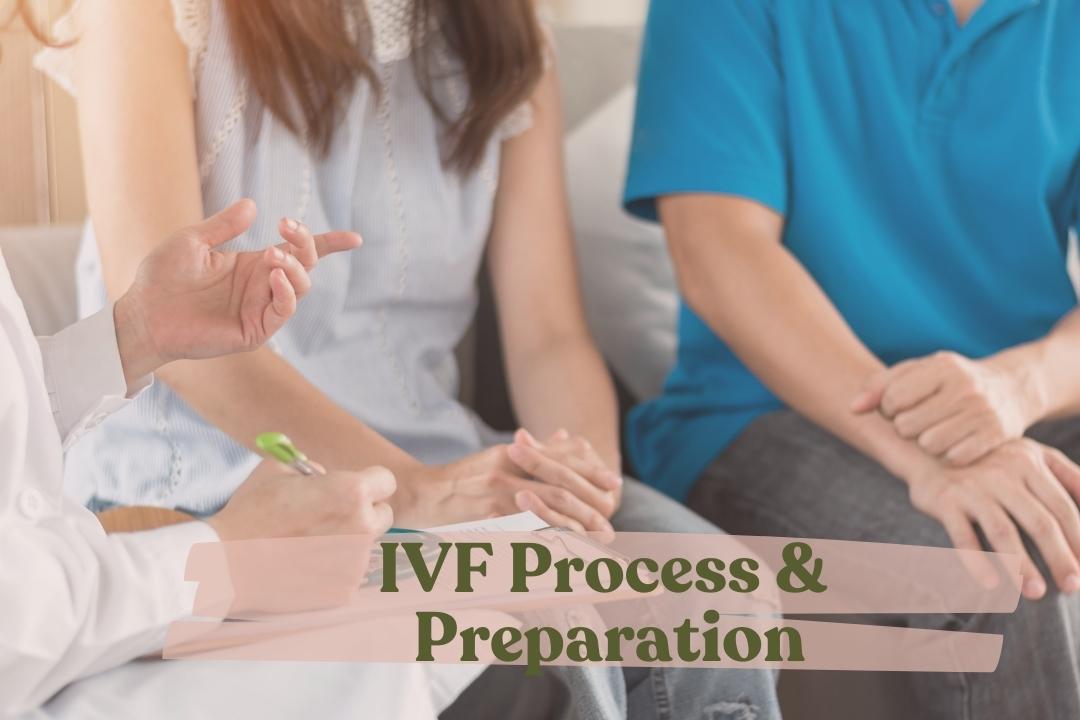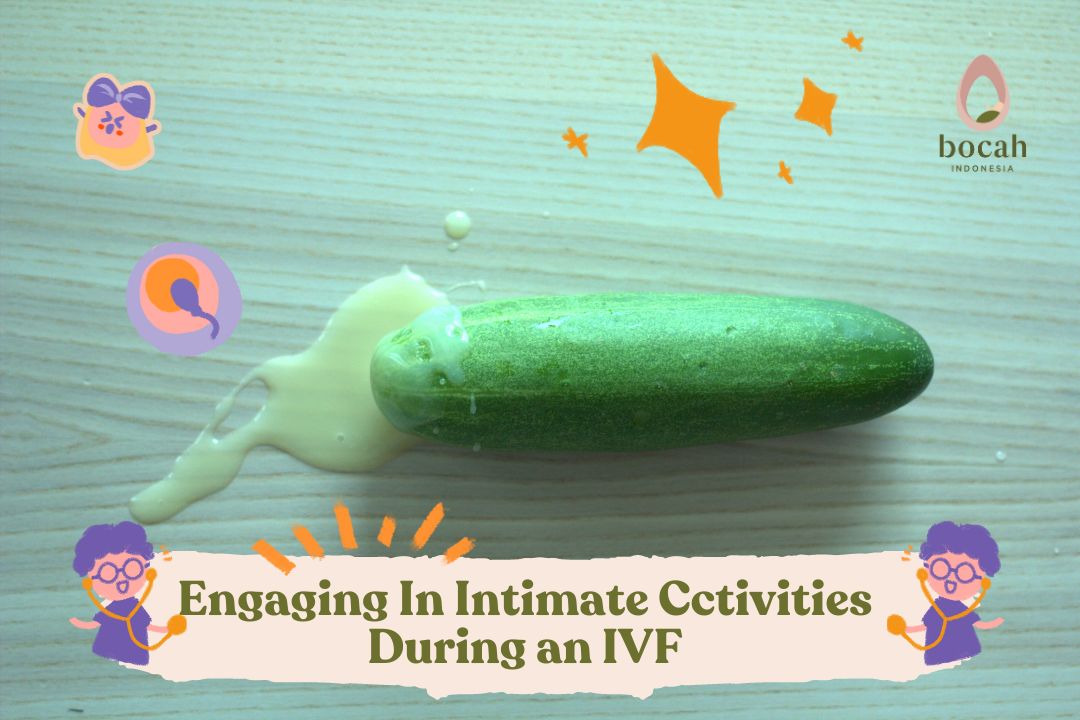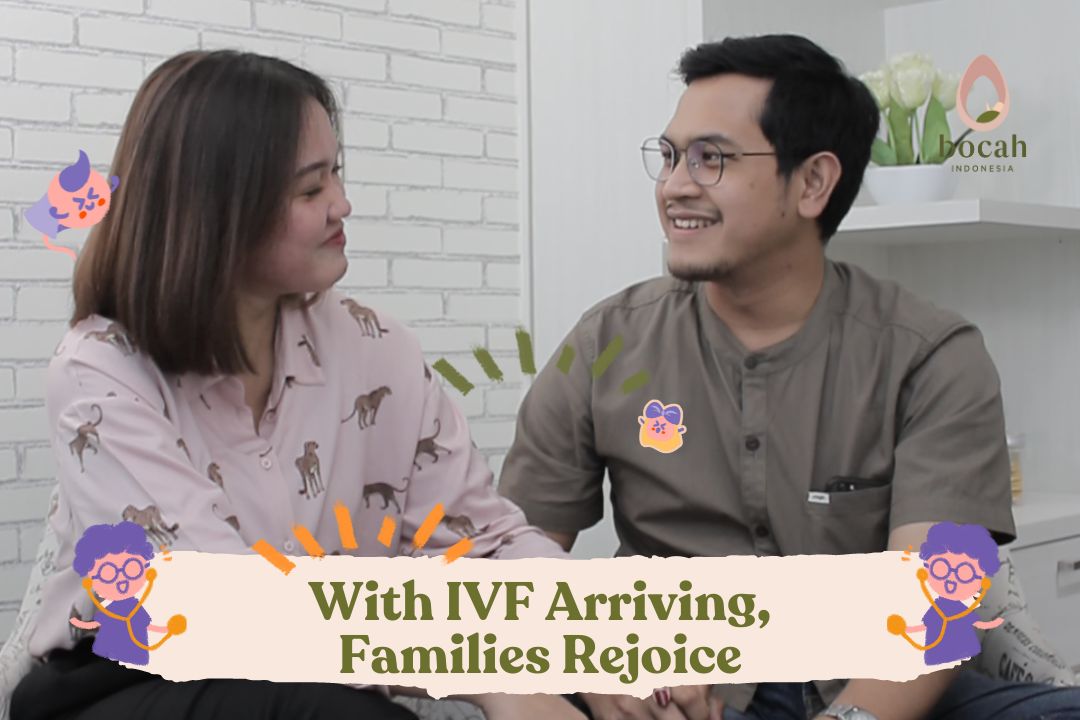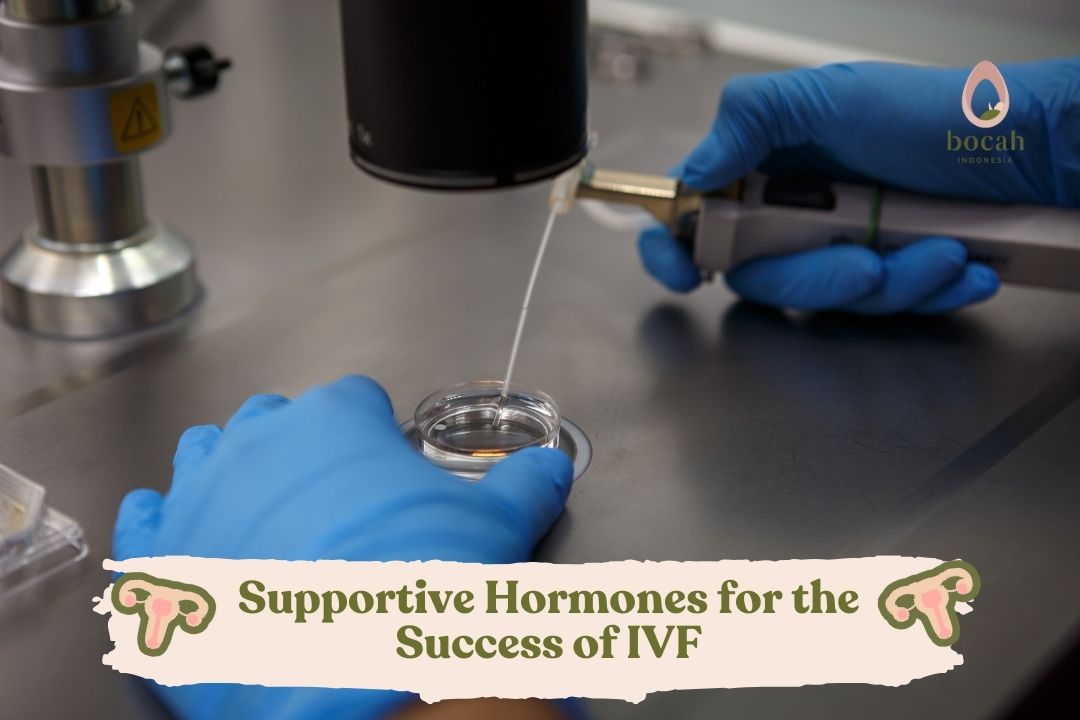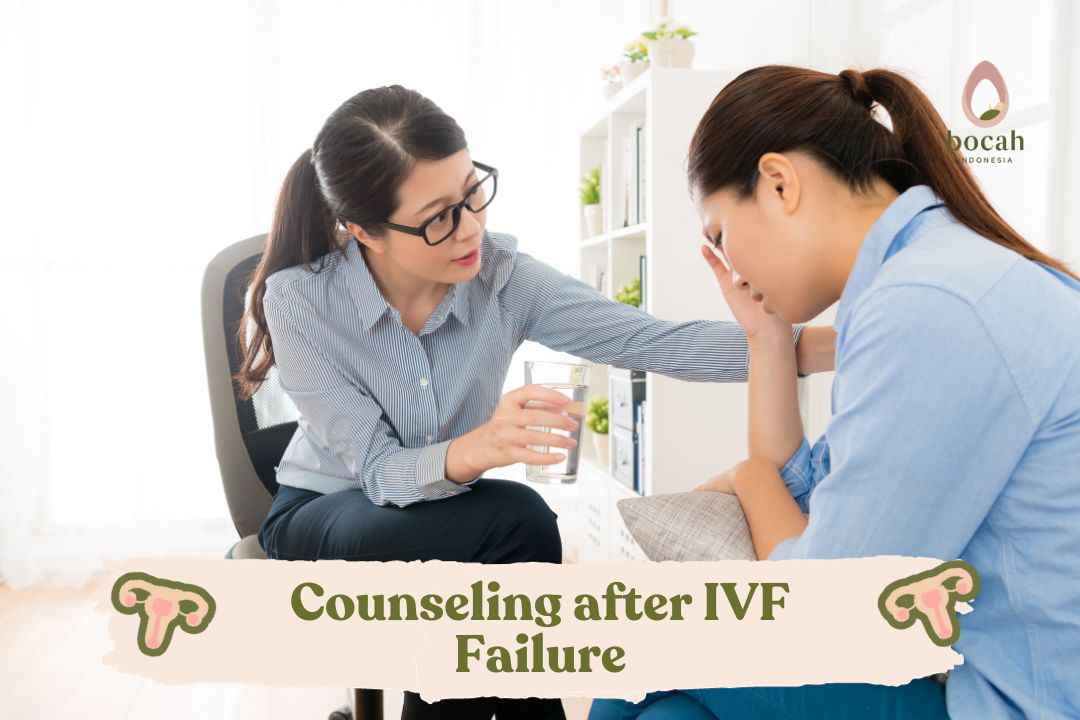Dealing with Financial Emotions When IVF Fails

Failure in undergoing IVF treatment can affect the emotional and financial condition of couples. How to deal with it?
IVF is one of the assisted reproductive technology pregnancy programs with very complex procedures. This pregnancy program is chosen by couples who have infertility problems and have difficulty conceiving through other pregnancy methods.
Undergoing IVF treatment requires a significant amount of money and time. These two factors often make couples afraid of facing failure in this pregnancy program.
What to Do When IVF Fails?
When the IVF cycle experienced by parents fails, it is important to discuss several things such as:
Evaluate the causes of the failed IVF program. IVF has more complex procedures compared to other pregnancy methods, evaluating the causes of failure can help increase the chances of pregnancy in the next cycle.
Tanya Mincah tentang Promil?
Undergo additional testing that may be recommended or previously performed, such as genetic screening, chromosome examination, or further evaluation of uterine conditions.
Have the opportunity to try again. Sometimes, failure gives parents the opportunity to increase the chances of success in the second chance.
If there are changes to be made, such as costs, success rates, or additional risks, parents should prepare themselves and plan for the next treatment.
Experiencing failure after undergoing IVF treatment can drain parents emotionally and financially. However, this does not mean parents no longer have the opportunity to try again to have children.
Facing Emotional and Financial Challenges After Failure
It’s okay for parents to consider plans to have children again through IVF procedures. Here are some ways to deal with emotional and financial challenges when IVF fails.
Feeling Sad is Normal
When going through a long process, it’s okay to feel sad. This condition is normal when experiencing failure. Remember, if the first cycle is unsuccessful, parents still have a chance in the next cycle, you know.
Give Yourself Some Time
After experiencing failure, you also need time to rest for a while. If you’re feeling disappointed, sad, or frustrated, it’s best to give yourself some time to calm those feelings. Doing things you enjoy, or planning a vacation, is a brilliant idea to reduce sadness and stress, thus maximizing success in the next pregnancy.
Taking a short break also helps your body and mind relax. This condition can also be used to prepare a financial plan if you want to start another pregnancy.
Consultation with Fertility Specialists
If the IVF program you’ve undergone has not been successful, you can consult with fertility specialists regarding the evaluation of its causes. Usually, this examination is done by looking at your medical data to conduct a comprehensive evaluation and maximize the next IVF program.
So, those are some explanations regarding how to deal with emotional and financial aspects when the IVF program fails. Never give up on the effort you’re making because there is always hope for parents who remain enthusiastic in their struggle.
Want to go back to the original plan of starting IVF treatment? Let’s consult with Bocah Indonesia!
This article has been medically reviewed by Dr. Chitra Fatimah.
Source:
- Klonoff-Cohen, H., Natarajan, L. (2004). The concerns during assisted reproductive technologies (CART) scale and pregnancy outcomes. Fertility and Sterility, 81(4), 982–988.
- Moustafa, S., et al. (2020). Diagnostic and therapeutic options in recurrent implantation failure. Version 1. F1000Res. 2020; 9: F1000 Faculty Rev-208.
- When Should You Consult an Obstetrician-Gynecologist? - 04/07/2025
- 4 Herbal Medicine to Improve Male Fertility - 01/07/2025
- 7 Signs of PCOS Every Woman Should Know - 30/06/2025


